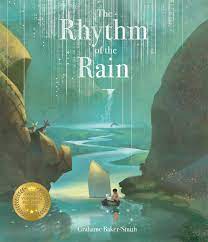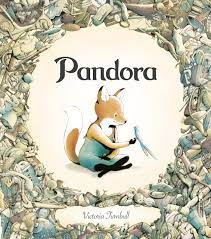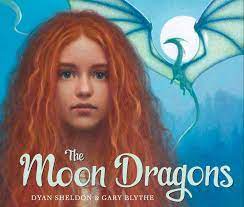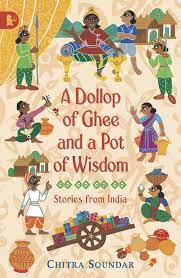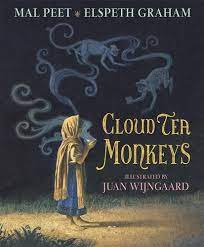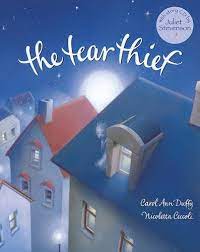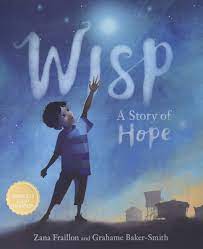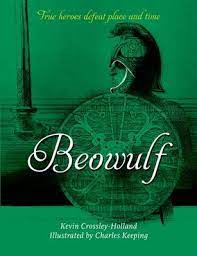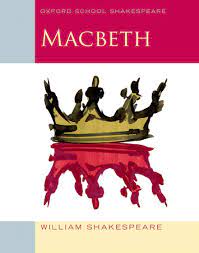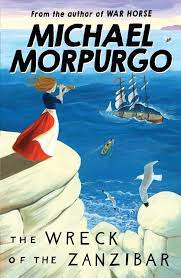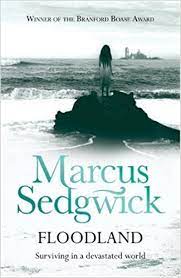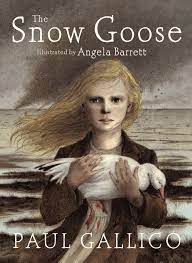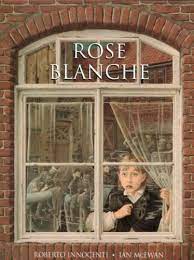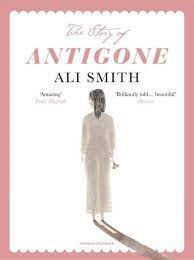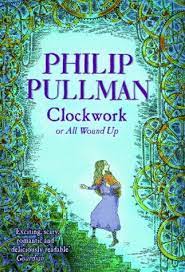Reading after phonics

Building on the early development of reading and comprehension skills, we follow the Take One Book approach where each class reads and explores one text over a period of weeks. Following the Take One Book program ensures that every child is exposed to high quality reading material throughout the year.
Throughout KS2, word reading is further developed alongside the children’s growing knowledge of etymology (word history) and morphology (word structure). By the time pupils leave Our Lady of Lourdes, we expect them to read a wide range of words with fluency and confidence.
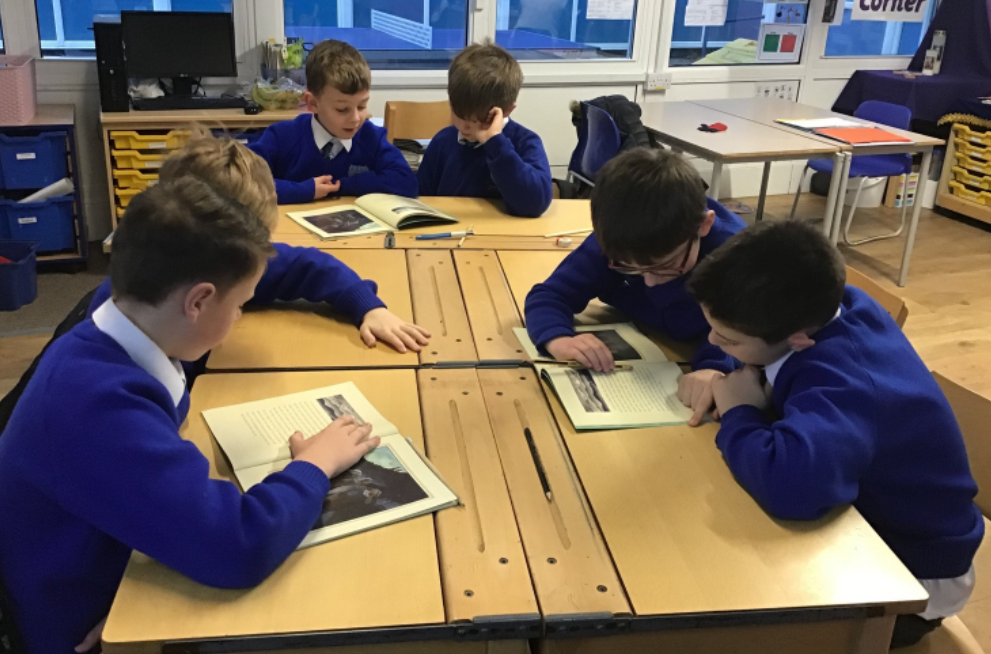
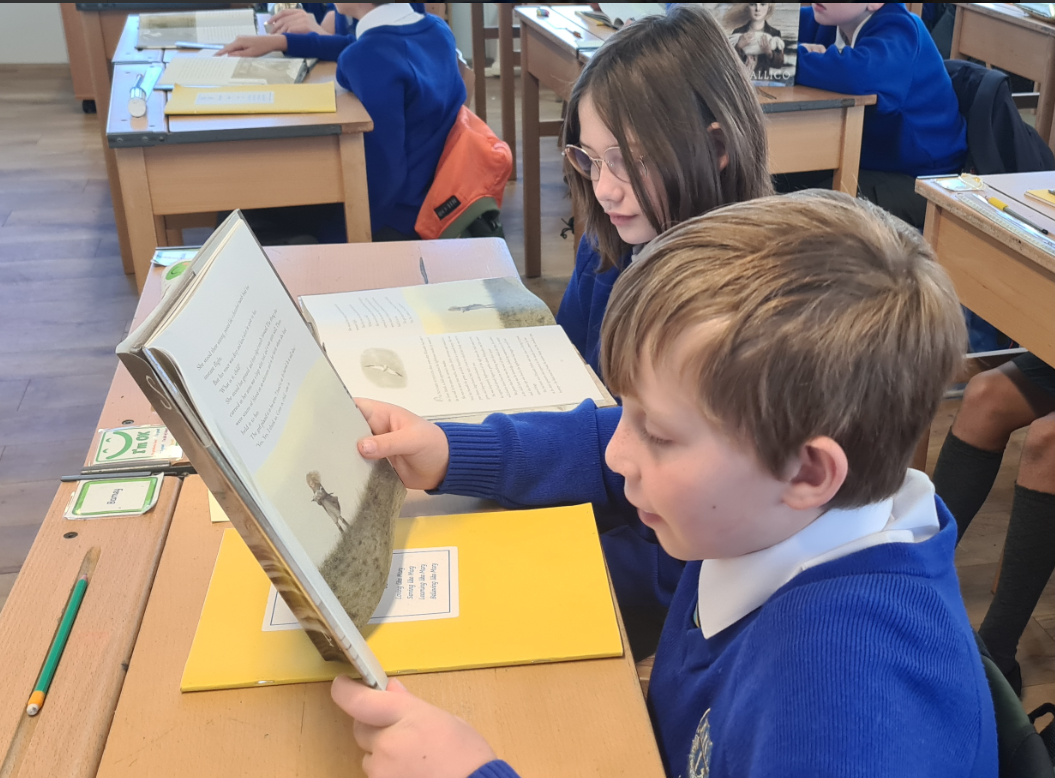
Whole class guided reading takes place in every year group from Year 2, when the children have completed the Read Write Inc. Phonics program grey books.
Each book studied follows a similar pattern of lessons, building in depth and challenge across the school.
Hook
Setting up the learning to engage children and excite them makes a huge difference to the way they approach a new book. A hook can:
- provide an immersive multisensory experience with artefacts, images, sounds…and even smells
- start with a dramatic scenario to provoke questioning
- kick off with a visit to a place of interest
- present a problem for the children to solve
- be an attractive book display which encourages browsing and roaming around a topic for a period before the book is introduced
- begin with a visit from a writer or an illustrator
Orientation
The orientation gives consideration to what needs to be put in place for children to access the text. This could be achieved through:
- Activation of prior knowledge
- Helping children make connections between their own experiences and a text
- Building background knowledge
- Developing background knowledge prior to reading.
- Key vocabulary
- Take One Book uses a blended approach to vocabulary teaching which is woven into the teaching sequences.
During reading: First encounters
A principle of the Take One Book approach is that the first encounter with a book should be a wholly pleasurable experience. One of the best reading lessons, that reading is rewarding and pleasurable, is taught implicitly through sharing a book.
Approaches used in Take One Book for introducing :
Reading aloud
Exploring ideas
Checking literal understanding, clarifying and explaining
Exposing thinking
During reading: digging deeper
Securing a surface understanding, exploring the children’s initial responses and questions, leads on to uncovering the multiple layers in text. The form this takes is dependent on the type of text.
After reading: review
After reading the focus is on reviewing the text as a whole:
- With fiction and nonfiction, children might summarise a text by distilling key information. Making evaluative responses requires thinking beyond the book to consider how it measures up against other texts.
- Opportunities are provided for children to discuss the relevance of the book to the wider concerns of the world.
- Returning to the text after reading allows the children to make further connections and deepen their knowledge.
After reading: Reflect
Each lesson in the framework includes a reflective element. At the end of the reading sequence children reflect on what has been learnt.
Children are encouraged to evaluate their learning and identify the strategies that were particularly useful so that they can use them in their independent work.
Our year 2, 3 and 4 take one book readers...
| Year 2 | Year 3 | Year 4 | |
|---|---|---|---|
| Fiction |
|
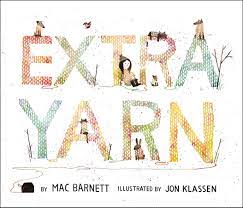 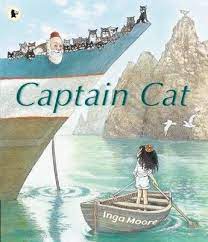 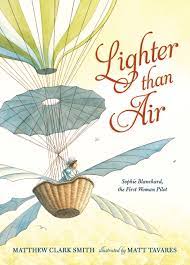 |
|
| Non-fiction | 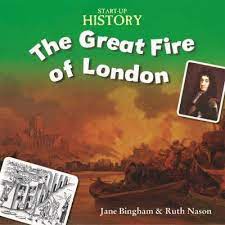 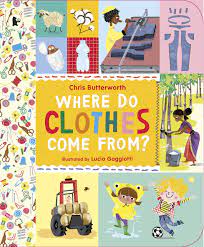 |
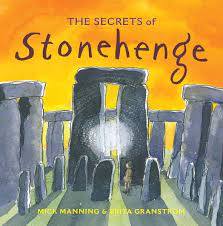 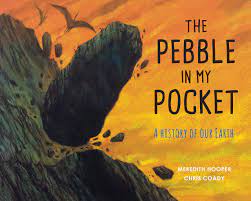 |
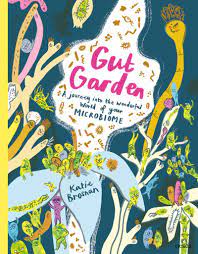 |
| Poetry | 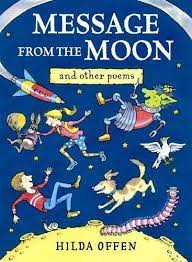 |
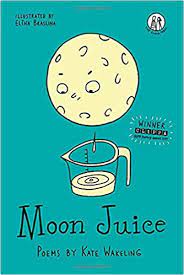 |
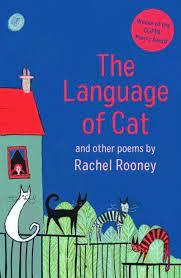 |
Our year 5 and 6 take one book readers
| Year 5 | Year 6 | |
|---|---|---|
| Fiction |
|
|
| Non Fiction | 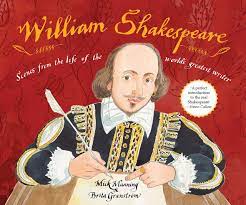 |
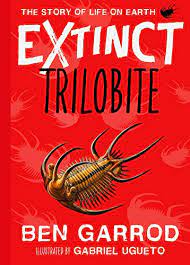 |
| Poetry | 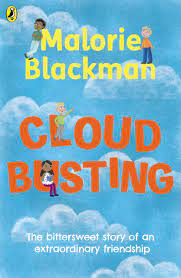 |
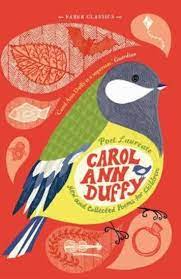 |



